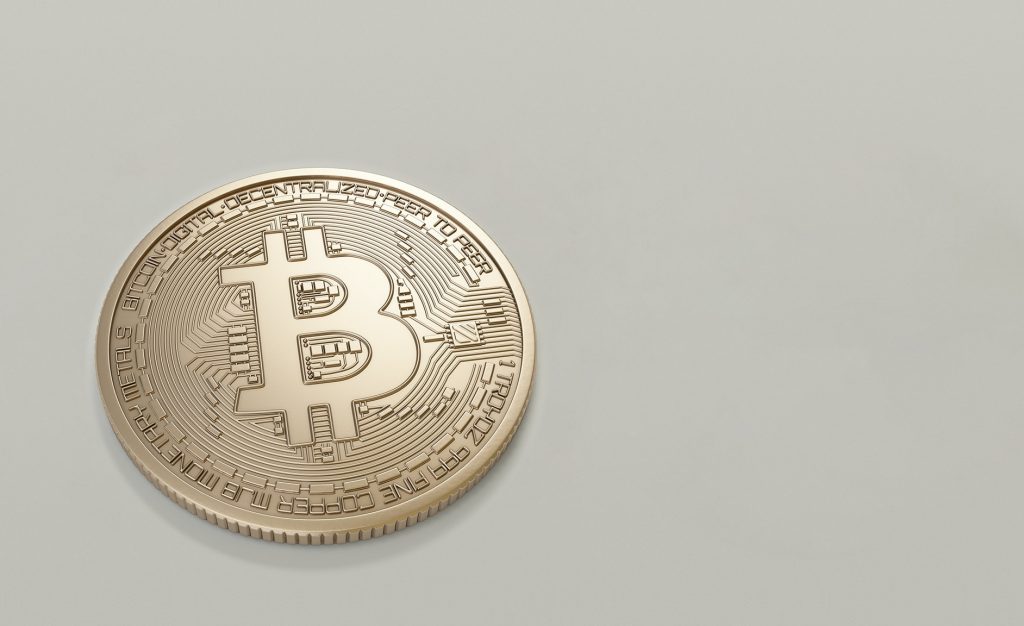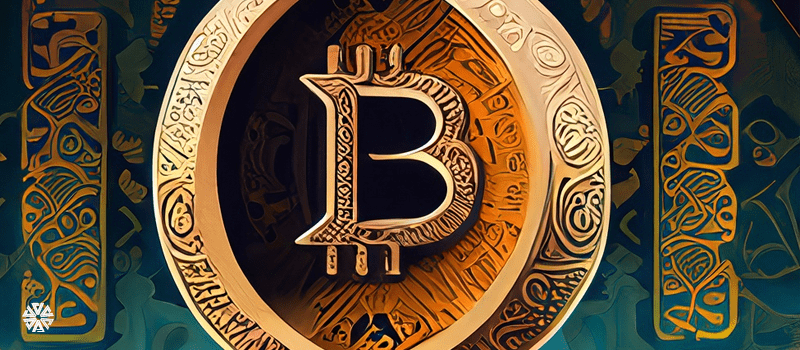Halal Crypto Staking: Is Crypto Staking Halal

In this article we assess halal crypto staking options to help Muslim investors remain within Islamic finance guidelines (applied to the cryptocurrency market). The majority view is staking is halal and permissable but read on to find out where it may not be.
What is Crypto Staking?
Cryptocurrency staking is a process by which users can earn rewards for supporting a blockchain platform. In order to stake, users must hold coins in a wallet that is connected to the network. The coins are then used to verify transactions and earn rewards. Rewards vary by network but typically range from a few percent to upwards of 50% per year.
Staking can be done by holding coins in a desktop or online wallet, or by setting up a masternode.
Masternodes are servers that support the network by validating transactions and securing the blockchain. In order to set up a masternode, you must hold a minimum number of coins in your wallet. Masternodes typically offer higher rewards than staking wallets, but they require more commitment and technical knowledge.
Crypto staking has become increasingly popular as an alternative to mining. Unlike mining, there is no need for expensive hardware or special software. All that is required is a wallet and some coins. This makes crypto staking accessible to anyone with an internet connection. Islamic fintech experts generally do not have an issue with staking, but we’ll discuss that a bit later on…
Staking also provides an extra layer of security for blockchains networks and its ecosystem. By holding coins in a staking wallet, users help secure the network and are rewarded for their contributions.
Crypto Staking Pros and Cons
Crypto staking is the process of holding a cryptocurrency in a wallet to earn reward or yield. Rewards are earned by verifying transactions and locking the coins up for a set period of time. The longer you lock your coins up, the higher the rewards. Rewards are paid out in the form of new coins being distributed to stakers, which can be used to stake again or sold on an exchange.
Staking has become a popular way to earn passive crypto income. It’s simple to set up and doesn’t require any special hardware or software. You can use any type of wallet that supports staking, including desktop, mobile, and online wallets.
There are a few things to consider before getting started with crypto staking. First, make sure you research different currencies and choose one that has a healthy project behind it and good potential for returns. Staking can be done with a small amount of coins, but the rewards are lower than with full-stake. This means that staking is always rewarding, and you will never lose out. The more coins you stake, the higher the rewards.
When is crypto staking allowed in Islam?
Much like cryptocurrency, shariah experts are also divided when it comes to crypto staking. Some say it is halal and permissable while others disagree. Fortunately, a majority of Muslim scholars hold the opinion that staking crypto is allowed but we need to look carefully at the details as staking can mean a number of different things, some of which are halal and others are not:
- They take your cryptocurrency and pay you an interest rate, similar to a cash on cash loan. This is haram
- They take your cryptocurrency and use it to verify the blockchain. This is halal
In addition, the underlying coin itself need to be halal.
1) The cryptocurrency must have a tangible value, meaning it must be a legit project.
2) The purpose of staking must be for further development causes, something that supports the ecosystem or platfor.
3) The person staking must have complete knowledge and understanding of what they’re doing.
4) There should be no element of gambling involved in the process.
5) The crypto being staked must not be associated with any unislamic or unlawful activity.
Does staking involve riba?
The Islamic faith prohibits the taking of riba (arabic for interest), in any form. This has led some Muslims to question whether staking cryptocurrencies is permissible, as staking often involves receiving rewards in the form of additional cryptocurrency tokens, but is that interest or is it something else?
There is no one-size-fits-all answer to this question, as it depends on the specific details of each individual case. Some scholars argue that staking is inherently halal, as there is no riba involved. Others contend that staking does involve riba, as the act of lending money and receiving a return on that investment constitutes usury under Islamic law.
Ultimately, it is up to each individual Muslim to decide whether they believe staking is halal or not. If you are unsure about whether a particular stake is permissible under Islamic law, it is always best to consult a qualified scholar for guidance. A lot of coins screened on our site our coins include opinions of scholars and muftis and details can be found under each coin.
Isn’t staking crypto the same as gambling?
Many people see staking as a form of gambling. You are essentially betting that the coin will increase in value so that you can sell it at a higher price and earn a profit. However, if you compare this to holding a stock and hoping it will increase in value is there really a difference in principle with the act of investing and hoping it will go up?
An argument could be made that the stock is ownership of a company and a coin is not ownership of the company. However, this just opens up a can of worms. For instance, the share you buy may not give you any rights to voting so are you really an owner with owners rights? There are many other things which we can discuss here but to stick to the topic, staking is another form of investment that allows the investor to generate a profit, in return for supporting the network.
Staking is very different to buying a lottery ticket.
Is Staking Halal or Haram?
Cryptocurrencies can be used to purchase goods and services, or can be held as an investment.
One way to earn a return on investment in cryptocurrencies is through staking. Staking is the process of holding a cryptocurrency in a wallet and locking it up for a period of time. In return, the holder receives a reward based on the amount of cryptocurrency they stake and the length of time they lock it up. Some people believe that staking is halal, while others believe it is haram.
Cryptocurrency staking has been around for a few years now and is growing in popularity. The premise is simple – you hold a certain amount of a particular cryptocurrency and in return, you earn rewards for helping to secure the network. But is staking halal or haram?
There is no one-size-fits-all answer to this question, as it depends on the specific cryptocurrency and how it is implemented. Some cryptocurrencies are more complex than others, and may have elements that are not considered halal by some Muslims. For example, some cryptocurrencies use Proof of Work (POW) or Proof of Stake (POS) algorithms to secure their networks. POW algorithms require miners to use special software and hardware to solve complex mathematical problems in order to create new blocks and earn rewards. There is nothing inherently haram about this. However, other projects may use staking linked to loans or interest which are clearly haram.
After assessing over 200 coins being staked some 95% of them have been deemed as halal and permissable for Muslims to buy, invest and stake, but its the 5% odd that you need to avoid. Please check out our halal crypto list to find suitable coins to stake.
How To Start Crypto Staking
Cryptocurrency staking is a process by which you can earn rewards for simply holding onto your coins. In this section, we will show you how to start crypto staking with Binance Coin (BNB). Binance is one of the largest crypto exchanges in the world so is relatively safe.
First, you will need to create a Binance account and download the Binance Wallet. Next, you will need to add some BNB to your wallet. You can do this by transferring it from an exchange or by minting new coins. Once you have added some BNB to your wallet, you will need to lock them up in order to start staking. To do this, go to the “Stake” tab and click the “Lock Up” button. Choose the amount of time you want to lock your coins up for and click “Submit”.
Your coins will now be locked in and begin staking automatically.
A similar method applies for other coins, but some can be a bit more complicated. Check our our shariah screening pages to see the coins that can be staked and start your halal staking journey there.



Assalamualikum, I have a question. If the proof-of-stake process is 100% permissible i.e. there is no lending or gambling going on, it is just for validating and securing the network and transactions, BUT, what if some of the transactions you validate are haram in nature like a transaction that is bearing interest? Its not under our control which transactions to validate, so will this come under “one who records interest”?